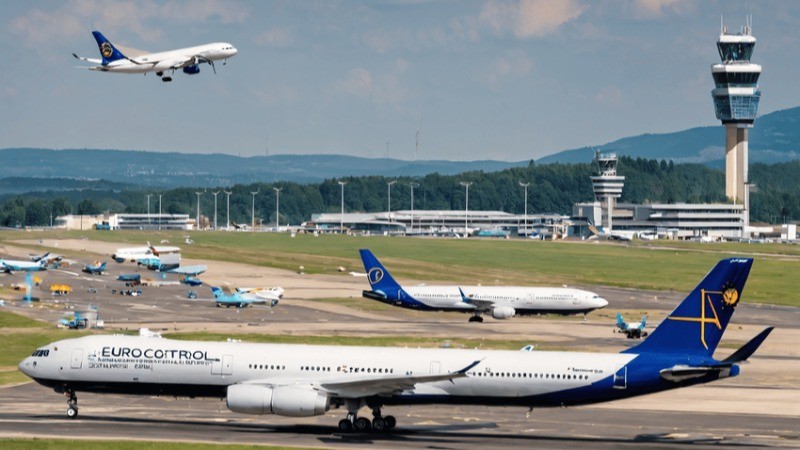
In response to growing travel demand, Air France has launched additional thrice-weekly flights from Paris to Delhi and Paris to Mumbai, offering more travel options until February. This expansion aligns with Air France’s commitment to strengthen its connections with major Indian cities and deploys advanced aircraft like the Airbus A350 and Boeing B777 to enhance passenger experience.
Similarly, KLM Royal Dutch Airlines is increasing the frequency of its Bengaluru-Amsterdam route from four to six flights per week. Additionally, from January through March, KLM will add a second thrice-weekly flight between Amsterdam and Delhi, operating with the fuel-efficient Boeing 787. These moves are designed to meet the growing business and tourism exchange between Europe and India, providing passengers with modern, comfortable travel experiences.
The decision by Air France and KLM to boost their India-Europe flights comes amid a surge in Indian tourism to the European Union (EU). This trend has been fueled by rising disposable incomes, a strong interest in European cultural attractions, and favorable exchange rates. Popular European destinations such as Paris, Amsterdam, Rome, and Barcelona have become preferred spots for Indian travelers, drawn by Europe’s rich history and picturesque landscapes.
To support this increased travel, the Schengen visa process has become simpler, with shorter processing times and easier documentation requirements. Some European countries have also introduced flexible visa options, like multi-entry visas and extended validity for frequent travelers, further encouraging visits from India.
Looking Ahead: A Strategic Vision for Europe’s Air Traffic Systems
The recent summer air traffic disruptions have highlighted the urgency for substantial upgrades in Europe’s air traffic infrastructure. Addressing the structural challenges outlined by Eurocontrol will be essential not only for sustaining growth but also for improving the passenger experience across the continent. As demand for air travel continues to surge, Europe must implement comprehensive strategic reforms to uphold its status as a global travel leader.
For the travel industry, these improvements could bring significant benefits, enhancing efficiency, reducing delays, and increasing overall reliability in European air travel. Over the long term, a more robust air traffic management system will support sustainable industry growth by facilitating smoother journeys and minimizing disruptions. This, in turn, will help Europe maintain its appeal as a top travel destination by providing travelers with a more seamless, enjoyable experience. Furthermore, streamlined air traffic management could have environmental benefits by enabling shorter flight paths and reducing fuel consumption, aligning with Europe’s broader sustainability goals.
Ultimately, these reforms represent a critical investment in Europe’s future as a global hub for travel, tourism, and business. By modernizing its air traffic systems, Europe can ensure that its skies remain open, efficient, and well-prepared to handle the continued expansion of air travel in the coming decades.
South Africa Unveils Trusted Tour Operator Scheme to Enhance Tourism from India
Visa-free travel to Moscow for Indian travelers is expected to begin by spring 2025
Good News for Indian Travelers: Visa-Free Travel to Russia by 2025